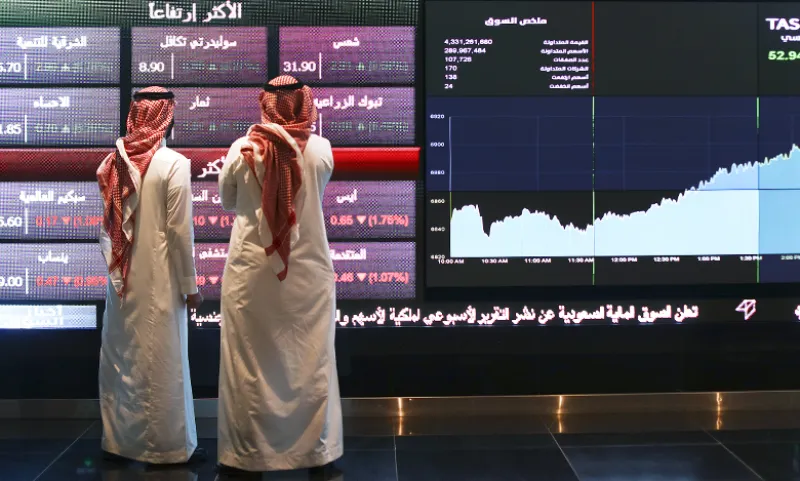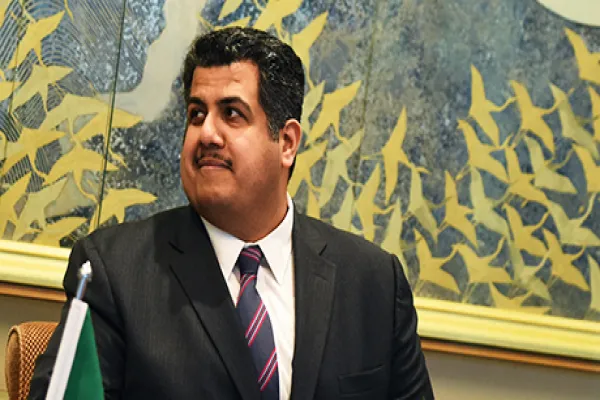The chief executive of Saudi Arabia’s stock exchange is trying to reassure international investors that the government’s crackdown on corruption is evidence of progress that the country is making in reforming its economy and capital markets.
Khalid Al Hussan, chief executive of Tadawul, the Saudi stock exchange, says Saudi Arabia is still on track to be included in major indexes that track emerging markets, a move that would bring billions into the country from international investors.
“Both domestic and foreign investors should welcome the news as essential to ensure fair markets,” said Al Hussan in a phone interview with Institutional Investor.
[II Deep Dive: Saudi Arabia Signals Pending Power Shift With Mass Arrests]
The government of Mohammed bin Salman, the country’s 32-year-old crown prince, known as M.B.S., arrested hundreds of wealthy businessmen in November — including billionaire Prince Alwaleed bin Talal, who controls the investment firm Kingdom Holding — and held them at the Ritz-Carlton in the capital city of Riyadh on charges of corruption. The move was hailed by some foreign affairs and emerging markets experts as evidence that M.B.S. and his government are committed to wide-ranging reforms.
At the same time, the arrests are being viewed by others as a familiar power grab by a Middle Eastern leader and have thrown a cloud of political uncertainty over the viability of the country’s planned capital markets reforms and highlighted the real risks inherent in investing in the region.
Eighteen months ago, government officials began efforts to reform Saudi Arabia’s capital markets as part of a larger plan called Vision 2030, which aims to move the country away from its historical economic dependence on oil.
[II Deep Dive: How Prince Mohammed Aims to Wean Saudi Arabia Off of Oil]
Saudi markets had been closed altogether to international investors until June 2015, when the market regulator, the Capital Market Authority of the Kingdom, approved rules for so-called Qualified Foreign Financial Institutions in listed securities. Other reforms were put in place to attract foreign investors, including infrastructure improvements such as shortening the settlement cycle for securities.
Tadawul CEO Al Hussan said he recently met with investors in London and Hong Kong to address their concerns and answer questions about the recent actions of the anti-corruption committee. Al Hussan says his impression after 15 to 20 meetings with big investors is that they support the government’s efforts and remain committed to investing in the country.
“International investors ask in every single meeting the same questions you ask,” he said. “This is expected. I can say with confidence, though, that all the meetings were positive.”
Al Hussan added that 115 to 120 investors have registered as QFIs so they can buy and sell securities that trade on Tadawul, and there are another 150 applications in the pipeline.
“The new applications show how the anti-corruption moves have actually supported international investors coming to the market,” he said.
The Saudi market is on the watch list to be designated an emerging market and then included in major indexes, including MSCI, FTSE and Standard & Poor’s. Al Hussan says the process remains on track.







